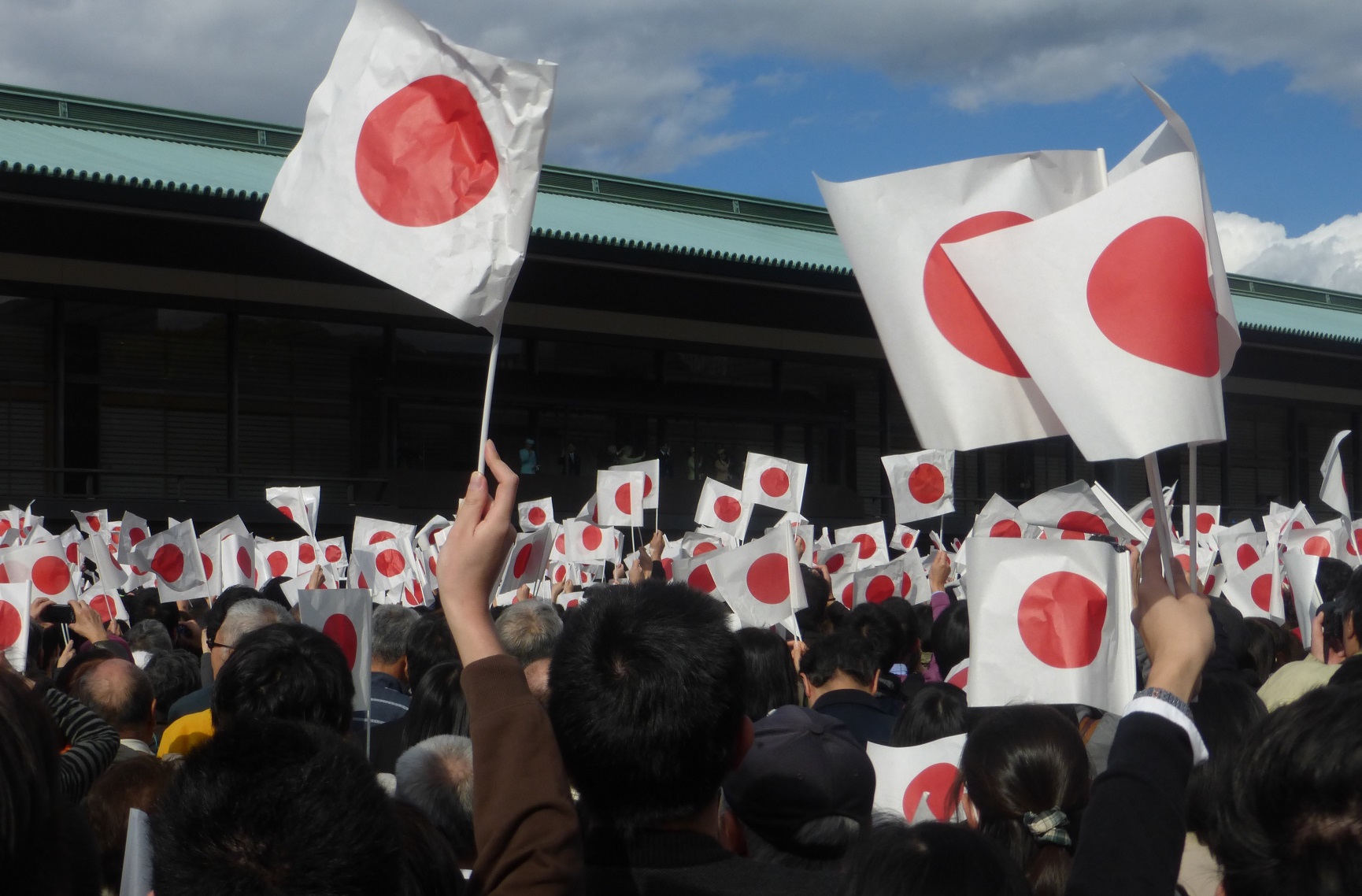Japan’s regulatory body for finance, the Financial Services Agency (FSA), has released new communication that reveals an intent to approve or reject licenses for 7 cryptocurrency exchanges within the next 6 months.
These exchanges will have to go through an extended application process that, according to the agency, will take 6 months to approve. After answering the 400 or so questions, the FSA will make the decision as to whether to offer or deny the license. Concerns include anti-money laundering (AML), counter-terrorist financing, business strategies, governance, cybersecurity, and management systems.
A total of 21 exchange will be taking part in the process. 7 have already submitted their applications are awaiting a decision.
Such a process might be a long and challenging one, but the concern by the regulatory body is warranted. Japan has suffered its fair share when it comes to exchange failures. In September 2018, $60 million was stolen in a hack on exchange Zaif. Then, of course, there’s the market-breaking debacle that was Mt. Gox.
Japan on the whole is welcoming of cryptocurrencies and, with secure regulation that protects investors, the country could be on the way to furthering its intentions to reap the fruits of a digital economy.
Japan’s FSA is Not Planning to Approve Bitcoin ETF
Last week, Bloomberg and multiple other sources reported that the FSA would soon approve a Bitcoin ETF. However, a statement made by the FSA confirms that will not be the case.
An FSA official spoke to Bitcoin.com of the rumor:
There is no such fact that we are considering approving ETFs which track crypto-assets at present. We are not currently considering approving them.
The official went on further to say that “there was no need for an ETF”,
Taken it into consideration that it is difficult for us to find constructive and social significance of trading crypto-assets derivatives at present, we think that there is no need for trading crypto-assets derivatives at financial instruments exchanges where many market participants are able to trade.

